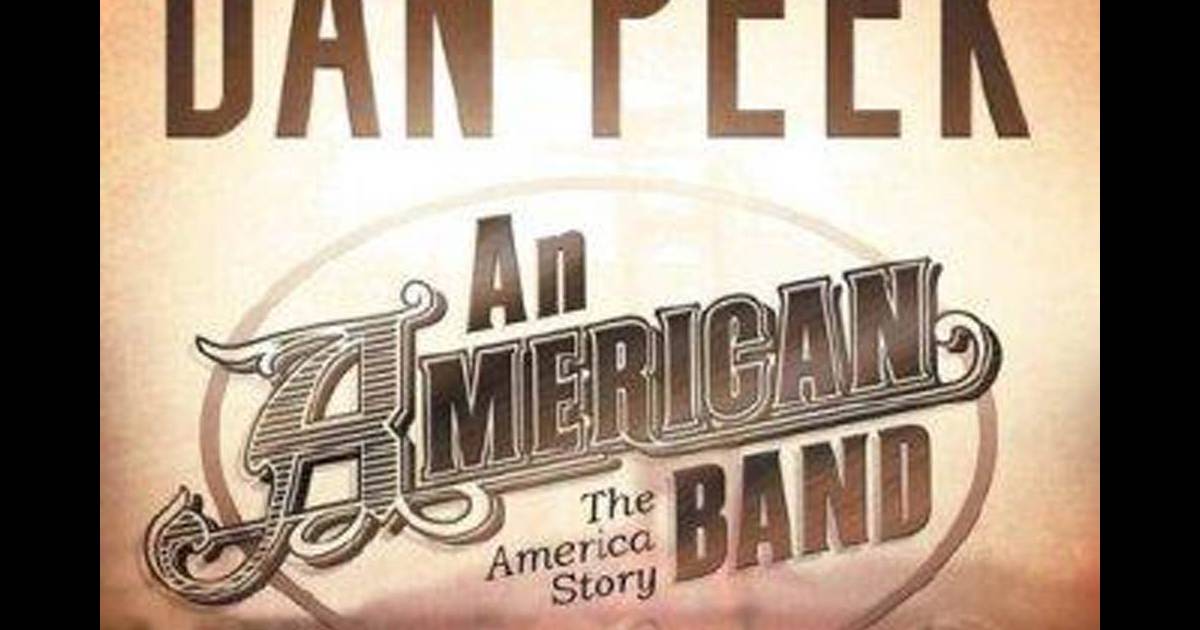Anyone born in the second half of the 20th century remembers the “first part of the journey” from America, group starred by the tube A Horse with no name. But few followed the continuation of the atypical career of Dan Peek, founder of the group who left in 1977 after seven years of colossal growth and a handful of soft rock hits, whose death we now learn.
Dan Peek, who composed with Gerry Beckley and Dewey Bunnell, still active with the group today, the original trio of America, died at the age of 60, Sunday July 24, 2011. It is his wife Catherine who found him dead, in bed, at their home in Farmington, Missouri. The couple had no children. Chance of the calendar, America had planned the release of his new album, Back Pageson… July 26th.
All three singers – this typical vocal harmony of the time was both their trademark and that of their success – and multi-instrumentalists, Dan Peek, Gerry Beckley and Dewey Bunnell, school friends in London, had founded America in 1969, when Dan returned after a brief American parenthesis. With America, a baptismal name linked to the fact that they were all three sons of American Air Force soldiers stationed in England, the three accomplices quickly experienced success, signing, after a commercially promising first eponymous album, a salvo of unstoppable hits: Ventura Highway (album Homecoming), Sister Golden Hair (Hearts), Lonely People (Holiday), or even the essential A Horse with no namethe flagship track of the first album America which dethroned the Heart of Gold by Neil Young from the top of the charts.
At the announcement of the death of their former companion, who had left the group in 1977 and that the rumor would have liked to see return until the end (he had again denied this eventuality in 2010), Beckley and Bunnell have, on the site of the group, evoked with emotion their golden age: “It was a happy time for all three, full of excitement and laughter. We made music together, music that had a posterity, and we discovered a life that we never would have imagined. Dan was a huge part of America’s early days, and I’ve never forgotten the good times we had making music and learning about life together.“, testified Bunnell. Beckley, for his part, salutes the one who was a “dear friend for years” : “Dan and his music will live on through the great songs we shared.“
Dan Peek had chosen to leave the formation, then at the height of its glory, in 1977, determined to embrace a new career, in solo, after returning from the use of recreational drugs and having rekindled his Christian faith. Years he recounted in his memoirs An American Band and which he once described as “a Cinderella-like fairy tale that turned into a runaway train“. Fleeing the group’s race for hits and its self-destructive spiral (drugs, alcohol), the subject remained sensitive for a long time; he explained in Goldmine magazineabout this autobiography published in 2004: “You said it, I was an assiduous consumer of drugs, of alcohol. Sometimes, I think to myself that I would have preferred never to write my autobiography, because by writing it, I plunged back into that time, and honestly, there are really sordid sides when you are in that environment. and that gave rise to immense anguish, immense discomfort at having been such a person at that time. And there were tensions, which grew worse, between the three of us, from being together 24 hours a day.“
Devoted to the composition and recording of Christian music, he was to publish the following year, in 1978, his first solo album, All Things Are Possible, on Lamb & Lions Records, label of Pat Boone. Greeted with enthusiasm, this first solo album, first in the Christian charts (and in the Top 10 generally) and nominated for the Grammy Awards, consecrated Dan Peek as a pioneer in the rise of Christian music, and initiated a series of albums exploring various liturgical themes. Gerry Beckley and Dewey Bunnell, with whom Dan Peek had remained on good terms, even lent their voices to some of his titles. The following album did not have the same success, Dan peek having waited five years to continue with Doer of the Word (1984).
By the 1990s, Dan Peek had slowed down, sporadically recording music at his home in the Cayman Islands, and teaming up for several albums with Ken Marvin and Brian Gentry.
In his last year, he posted his compositions on his official website, where today we read the announcement of his death, accompanied by a YouTube video of Dan performing his Lonely people. End of the journeywithout crossing the desert.
G.J.
–


